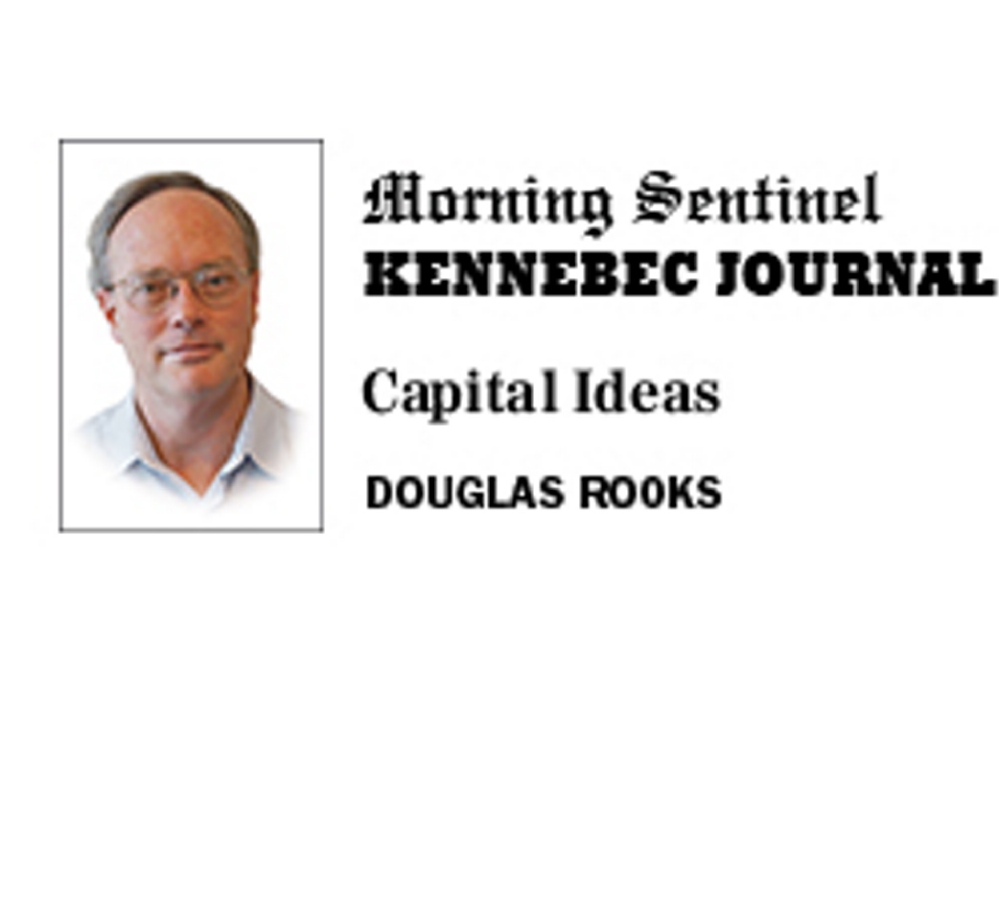On Tuesday, Mainers will go to the polls to vote on two bond issues and a vitally important referendum, Question 1. Few things are clear and simple in politics, but this one is — if you want to have future elections in which money doesn’t determine the candidates and, far too often, the outcome, you will vote yes.
If successful, Question 1 will restore the Clean Election Act that the Legislature has diminished, and the U.S. Supreme Court nearly dismantled through its wrongheaded, 5-4 decision in an Arizona case, whose law was modeled on Maine’s pioneering 1996 law passed by referendum. There was nothing wrong with the law — it had been upheld by the courts before John Roberts became chief justice — but only with its current custodians.
Here’s why it’s simple: The voluntary public financing the Clean Election Act uses is the only means we have for closing the floodgates of money that have corrupted and polluted our elections since another dubious U.S. Supreme Court decision was handed down, the better-known Citizens United case, in 2010.
The reason it’s our only option is a sad tale. The Supreme Court decreed in 1976, in Buckley v. Valeo, that Congress cannot limit campaign spending, on free speech grounds. The equation of spending with speech was always problematic, but it got much worse with Citizens United, which wiped out contribution limits, and gutted most disclosure requirements, too.
As a result, we literally don’t know who’s financing our candidates, and the millions of dollars once spent on national elections are rapidly turning into billions, crowding out everyone but the 1 percent. Roberts may have calculated that the confusion and turmoil unleashed by his voting decisions would prevent any effective response. Overturning Citizens United by constitutional amendment would be arduous, and waiting for a new court majority will take time, but public financing is a more effective response anyway.
The only way to legally combat excessive private spending is to offer public financing. That was true once for presidential elections, until the neglect of that system caused candidates, starting with Barack Obama in 2008, to turn down public funding. It would be true for Congress if in 1974 the House had mustered a few more votes for an amendment already passed by the Senate.
We might wish it were otherwise, but in the United States, with our particular laws and courts, we have no other choice. That’s why the “welfare for politicians” canard is offensive. This is about us, not them. What public financing does is to allow citizens to run without having a personal fortune, or becoming dependent on large donations whose providers always expect something in return.
Fortunately, the Clean Election Act worked so well that, before the high court struck, nearly 80 percent of legislative candidates accepted its terms, and it was popular with Republicans, Democrats and Greens. There’s no question it has contributed to diversity in the Legislature.
Voters broadly support the law’s goals, and they know it’s worked well for two decades. The only mildly controversial part of Question 1 is its designation of $6 million in prospective annual funding, requiring lawmakers to eliminate businesses tax loopholes.
The provision is understandable. When there’s a budget shortfall, lawmakers siphon off cash, since gubernatorial elections happen four years apart. For the 2014 election, there wasn’t enough left, so lawmakers simply removed the governor’s race from the law.
Yes, there was heavy pressure from Gov. Paul LePage, but that still doesn’t justify the action, which broke faith with voters. It’s particularly important the highest office in Maine be available based on the merits of the candidate and his or her program, not how many special interests will be served by a new administration.
Telling lawmakers how to budget is questionable, but in reality they can fund the law any way they like, as long as they do fund it. It’s no reason to vote no on Question 1.
Rescuing democracy from the corruption represented by unlimited campaign spending will take time. The current Supreme Court thinks only outright bribery is prohibited, but this doesn’t reflect our traditions. The founders knew exactly what they meant in applying the term “corruption” to excessive private interests, and it accurately describes the billionaires seeking to elect the next president.
Maine’s Clean Election Act is a small step back from the abyss, yet it’s the first chance any state has had for a turn in the right direction. We should seize the opportunity.
Douglas Rooks has covered the State House for 30 years. Email at drooks@tds.net.
Send questions/comments to the editors.



Comments are no longer available on this story